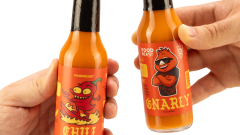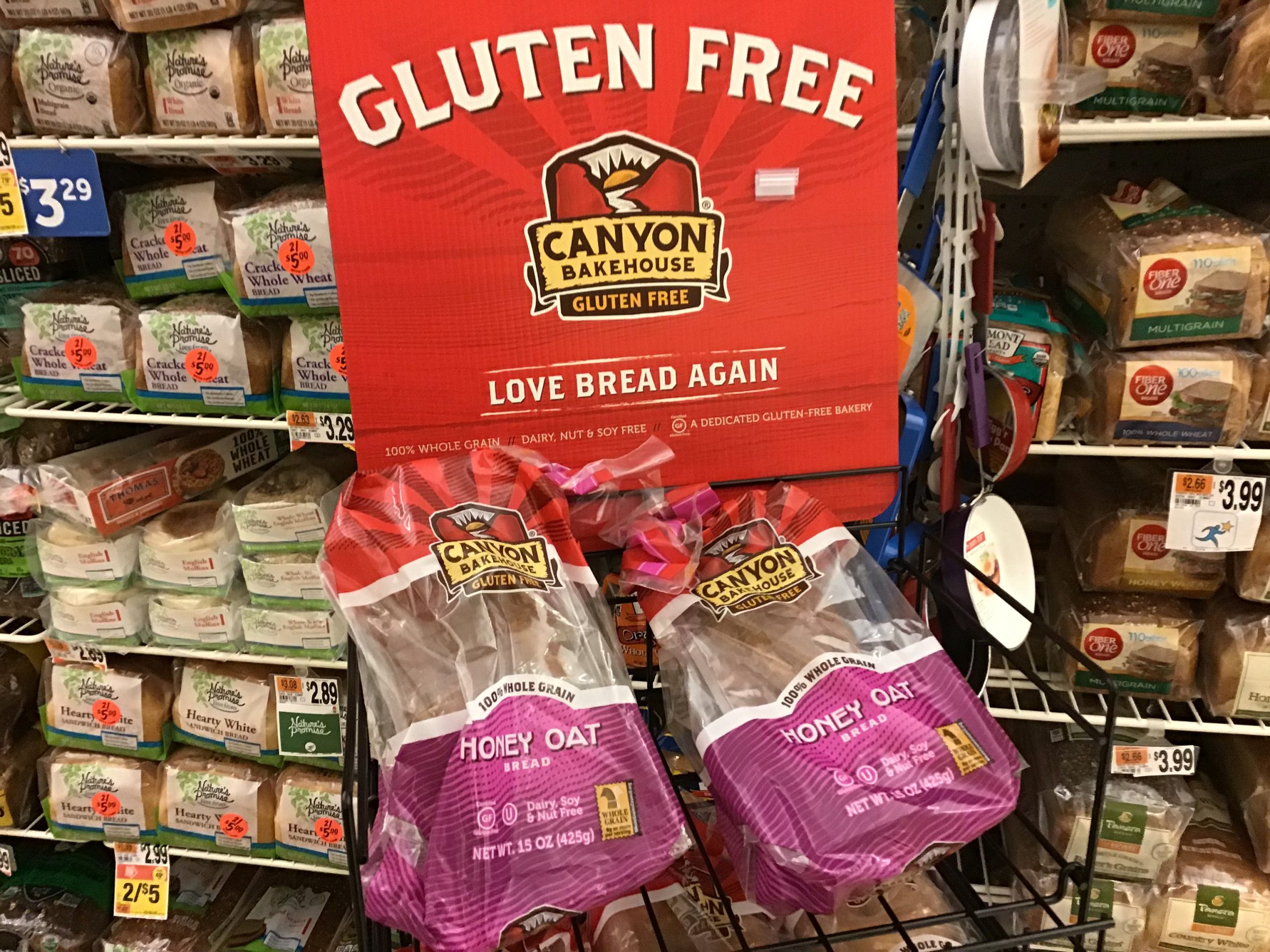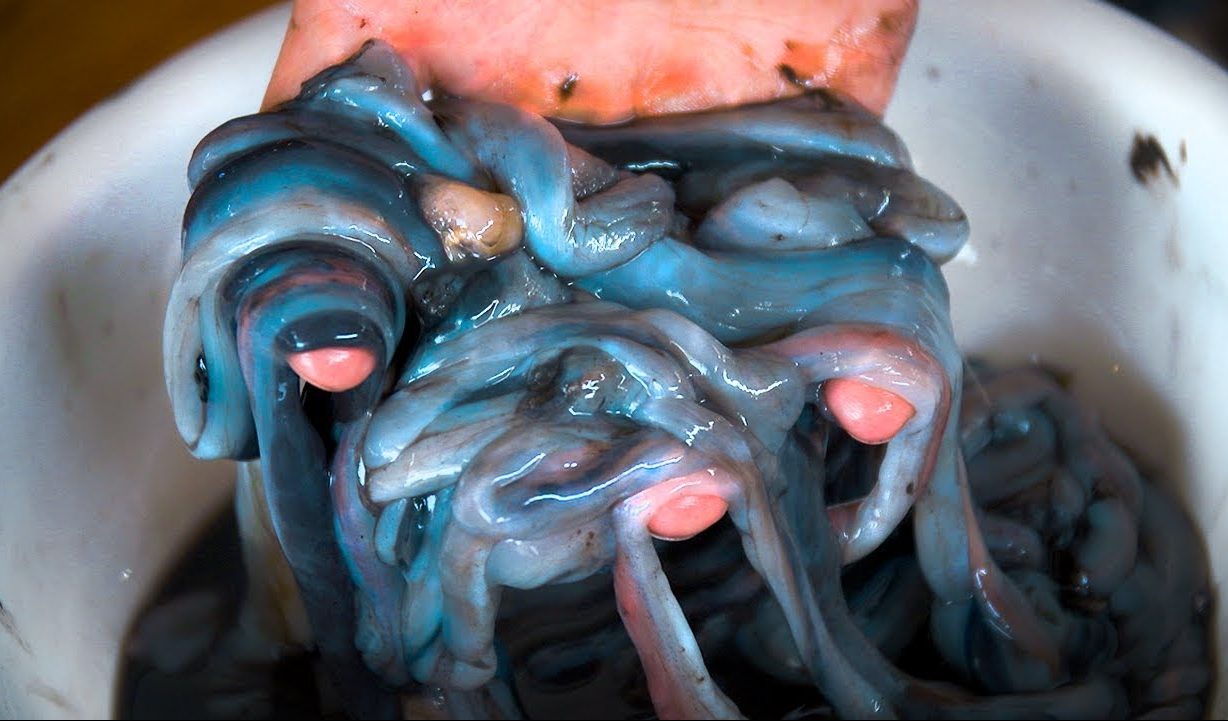Peanuts Help Infants Avoid Peanut Allergies, Per New NIH Guideline

Photo: Medical News Today
Peanut allergies are some of the deadliest and well-known in the United States. While only a small proportion of Americans have this allergy, its symptoms are severe, with even just a little peanut dust potentially being able to cause anaphylactic shock and death in some.
While there is no cure for this allergen, the National Institute for Health (NIH) believes they’ve found a way to keep your infant from developing this deadly allergy.
New guidelines have been issued by the NIH to healthcare providers regarding the introduction of foods containing peanuts to infants to prevent the development of this allergy.
The new guidelines are extremely vigilant, with allergy tests being included to determine the safety of introducing peanuts into the diet, and introduction occurring slowly at 4-6 months of age — after other solid food has been introduced to infants and they begin to eat it.
The guidelines also specifically focus on eczema, a dry skin condition more prevalent in infants likely to have a peanut allergy, and characterizes the rates of introduction of peanut foods based on the presence of eczema.
It sounds crazy to give someone who may have peanut allergies peanuts as an act of prevention. However, it’s based off of the concept of vaccination, where a milder form of the virus is administered so that the immune system can recognize and easily destroy it.
It seems that the same concept works for peanut allergies. Research has shown that infant peanut consumption has the ability to prevent peanut allergies. That same research prompted these new guidelines from the NIH.
While we definitely recommend that you get this verified with your doctor before trying, it’s worth a shot to keep peanut allergies from occurring with your child.






















